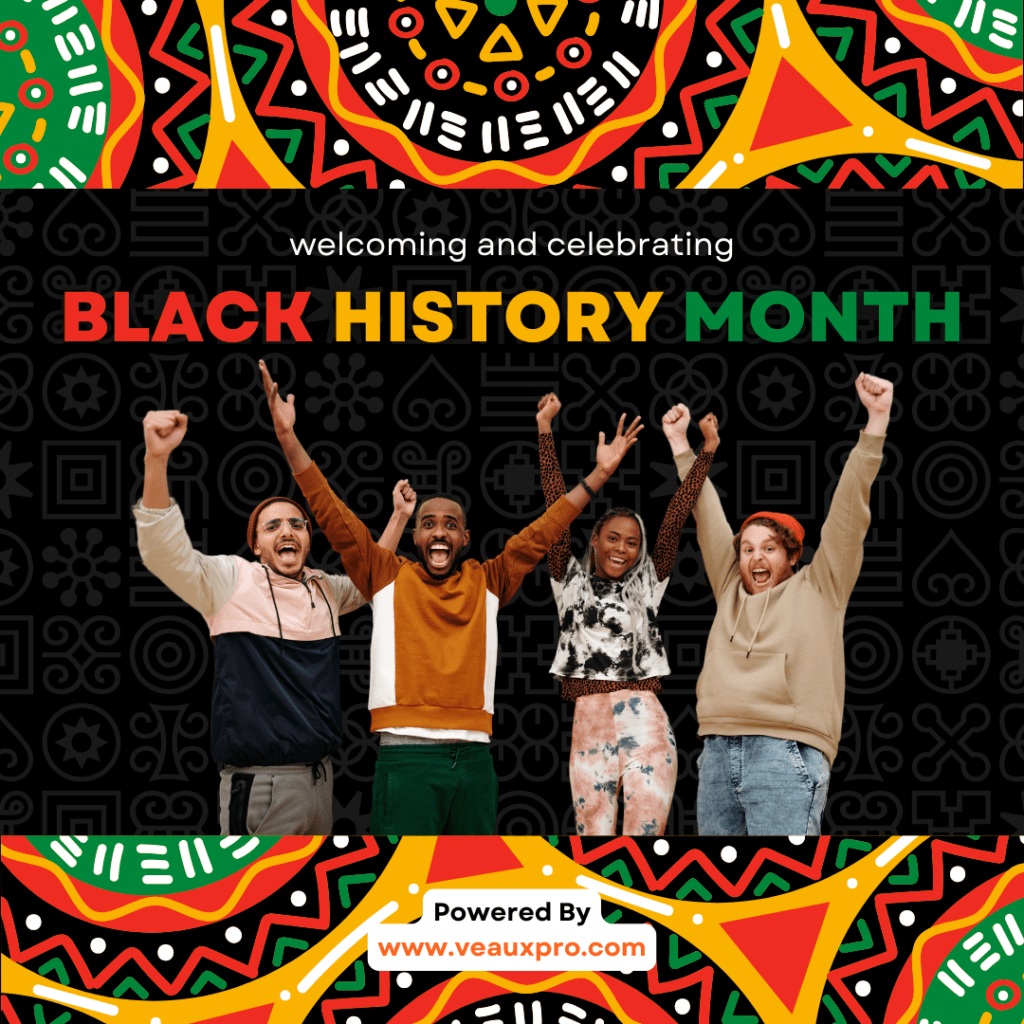Black History Month & Diversity in the Workplace: Beyond Awareness, Towards Action

Every February, we celebrate Black History Month, a time to honor the contributions, struggles, and achievements of Black individuals throughout history. But beyond recognition, organizations must take this time to assess and improve their Diversity, Equity, and Inclusion (Diversity) initiatives in the workplace. The question isn’t just how we commemorate Black history, but how we ensure inclusivity, equity, and belonging in our workplaces every day.
Content Index
- Why Black History Month Matters in the Workplace
- Ways to Integrate Diversity into Your Workplace
- Amplify Black Voices and Perspectives
- Address Bias and Unconscious Discrimination
- Reevaluate Hiring and Promotion Practices
- Invest in Diversity Training and Leadership Development
- Celebrate Black History Month with Meaningful Initiatives
- Building an Inclusive Culture Year-Round
- Final Thoughts
Why Black History Month Matters in the Workplace
Black professionals have made significant contributions to industries across the globe, yet challenges like systemic inequities, lack of representation in leadership, and workplace bias still exist. Black History Month is an opportunity to recognize these realities and commit to real, long-term change rather than symbolic gestures.
Ways to Integrate Diversity into Your Workplace
1. Amplify Black Voices and Perspectives
Black employees should not only be seen but heard in the workplace. Companies should provide platforms for Black professionals to share their insights, lead initiatives, and be part of key decision-making processes. Mentorship programs, leadership training, and employee resource groups (ERGs) can support this goal.
2. Address Bias and Unconscious Discrimination
Unconscious bias training should be more than a one-time event. Organizations should invest in ongoing education and self-awareness programs that address how bias affects hiring, promotions, and daily interactions. Encourage open conversations and brave spaces where employees feel safe discussing racial equity.
3. Reevaluate Hiring and Promotion Practices
A commitment to Diversity means ensuring fair hiring, promotion, and compensation. This includes:
- Setting measurable Diversity goals.
- Partnering with organizations that support Black professionals.
- Implementing diverse hiring panels and structured interviews to reduce bias.
- Conducting salary audits to ensure equitable pay.
4. Invest in Diversity Training and Leadership Development
Providing continuous Diversity training and leadership development ensures that diversity is embedded in company culture. Black employees should have equal opportunities for growth, sponsorship, and advancement.
5. Celebrate Black History Month with Meaningful Initiatives
Beyond statements and social media posts, organizations can honor Black History Month by:
- Hosting educational workshops and speaker series featuring Black leaders.
- Supporting Black-owned businesses and vendors.
- Donating to organizations advancing racial equity and social justice.
- Encouraging employees to engage in volunteerism and community outreach.
Building an Inclusive Culture Year-Round
Black History Month is not a once-a-year event. It should serve as a catalyst for ongoing change. Organizations that prioritize diversity, equity, and inclusion every day benefit from: ✅ Higher employee engagement and retention ✅ Stronger innovation and creativity ✅ Improved company reputation and brand loyalty
Final Thoughts
Honoring Black history in the workplace goes beyond acknowledgment—it’s about action. Companies must move from performative allyship to real, sustained efforts that create workplaces where Black professionals can thrive, lead, and succeed.
How is your company ensuring Diversity is more than just a moment but a movement? Let’s start the conversation and build inclusive workplaces together.
#BlackHistoryMonth #DiversityintheWorkplace #InclusionMatters #WorkplaceEquity #BlackExcellence
